
In the long run, it’s not just how much money you make that will determine your future prosperity. It’s how much of that money you put to work by saving it and investing it- Anonymous
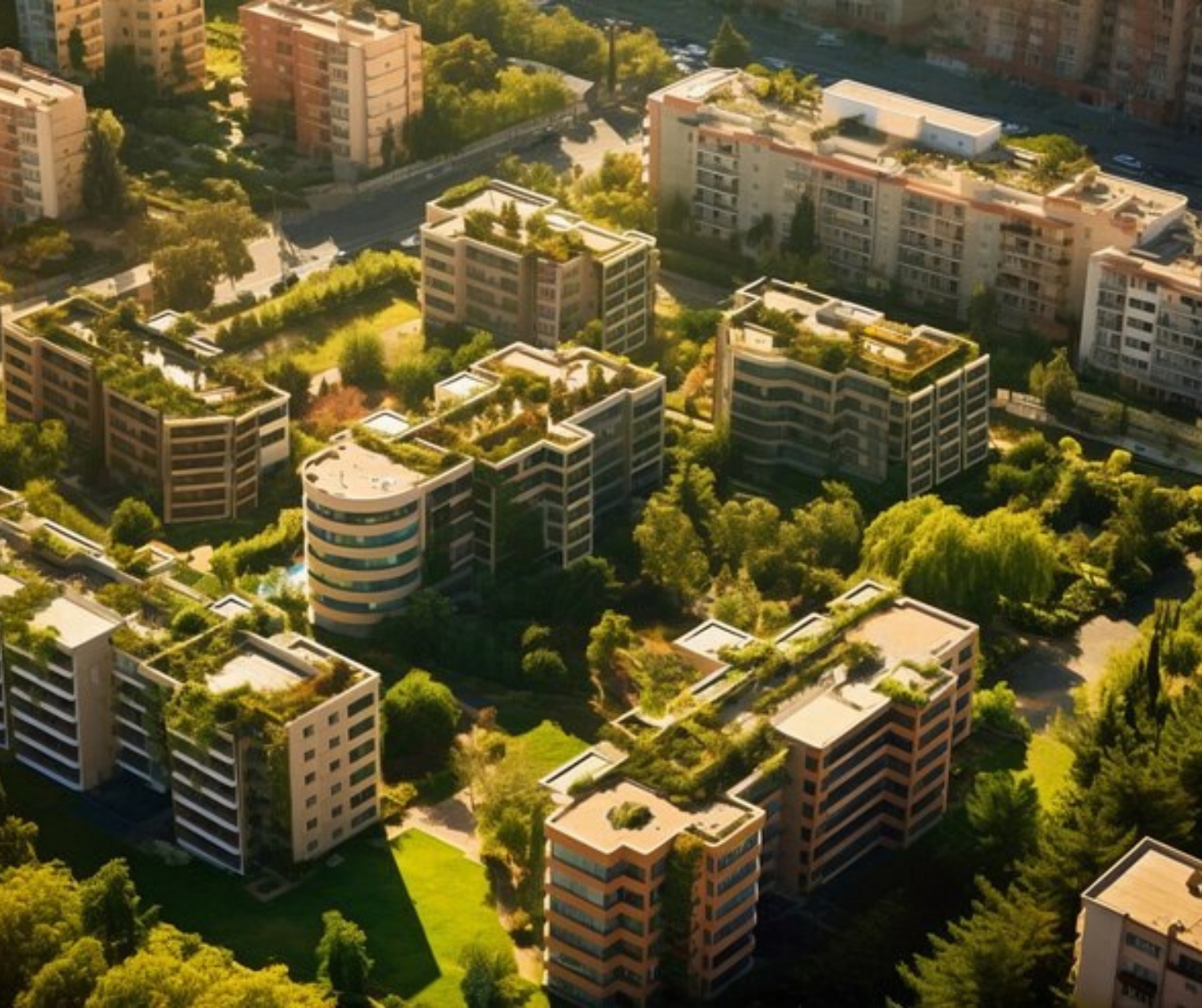
When it comes to real estate investment, you have several options to choose from:
- Residential Properties:
Nigerian residential real estate includes a wide variety of housing options designed to satisfy the different requirements and tastes of people living in the nation as individuals and as families.
The Nigerian residential property market provides a wide range of alternatives for investors and homeowners, from small apartments to expansive estates.
We’ll examine the many kind of residential real estate available in Nigeria, emphasizing its benefits, appeal to purchasers, and rental demand.
- Detached Houses: These are individual buildings without shared walls with adjacent units.
These large homes,
. . . are perfect for families looking for peace and quiet
because they usually include lots of outside space, including front and garden areas.
Detached homes accommodate a variety of lifestyle choices and financial constraints.
They range in size and architectural style from simple bungalows to opulent palaces.
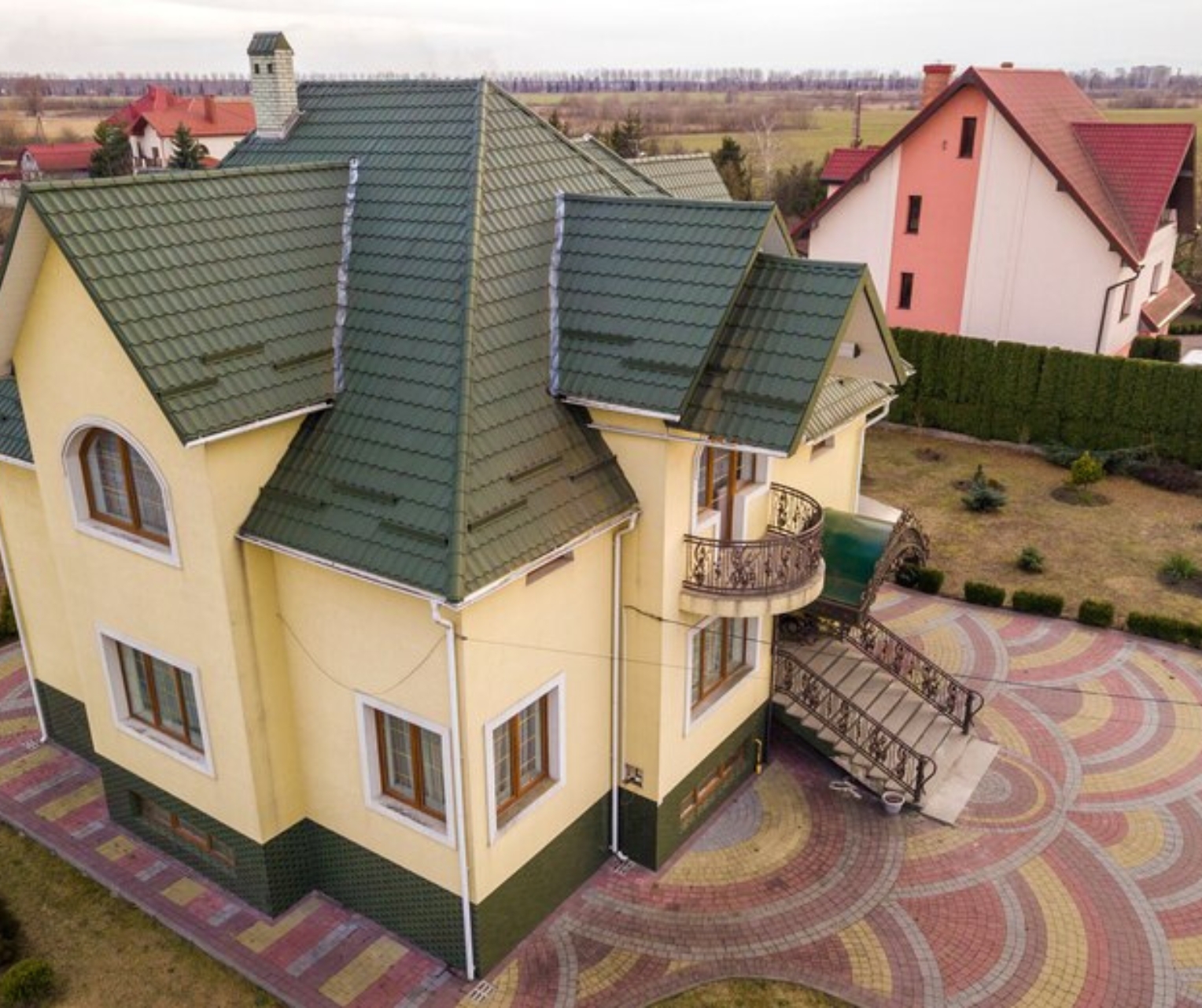
- Semi-Detached Houses: Semi-detached houses are houses that have separate entrances and outdoor areas but share a common wall with one adjacent unit.
These homes are
. . .well-liked by middle-class families and city inhabitants,
because they provide a harmonious blend of community living and solitude.
Although semi-detached homes frequently have designs and layouts that are comparable to detached homes, they could be a more cost-effective choice for purchasers looking for more space than an apartment.
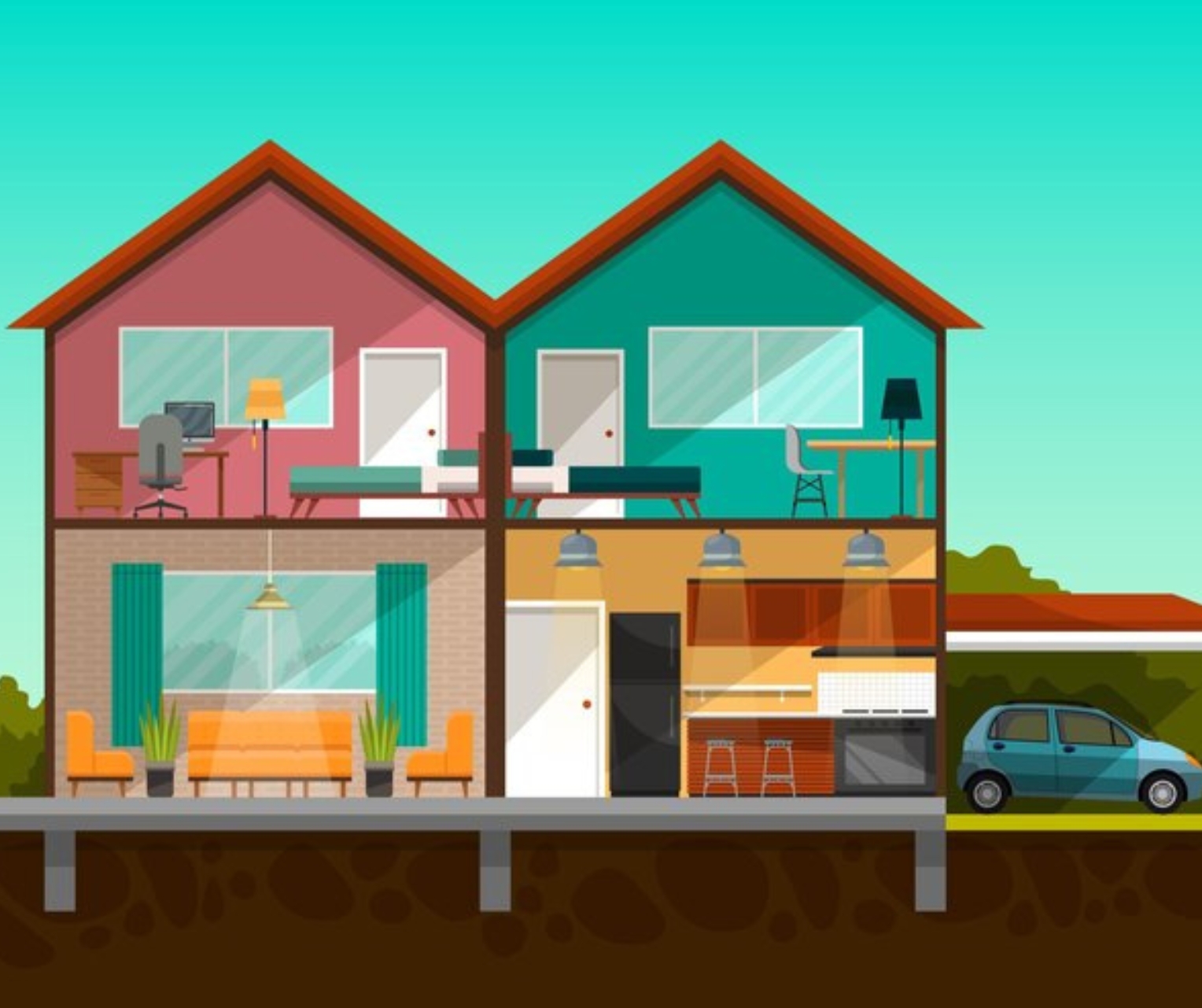
- Terraces: These are connected properties with shared walls on both sides. Terraces are built to optimize space efficiency.
With numerous stories housing living areas, bedrooms, and perhaps rooftop patios or gardens, terraced houses frequently have practical yet compact design plans.
As a practical and reasonably priced housing option for city people, they are well-liked in urban locations with limited land.
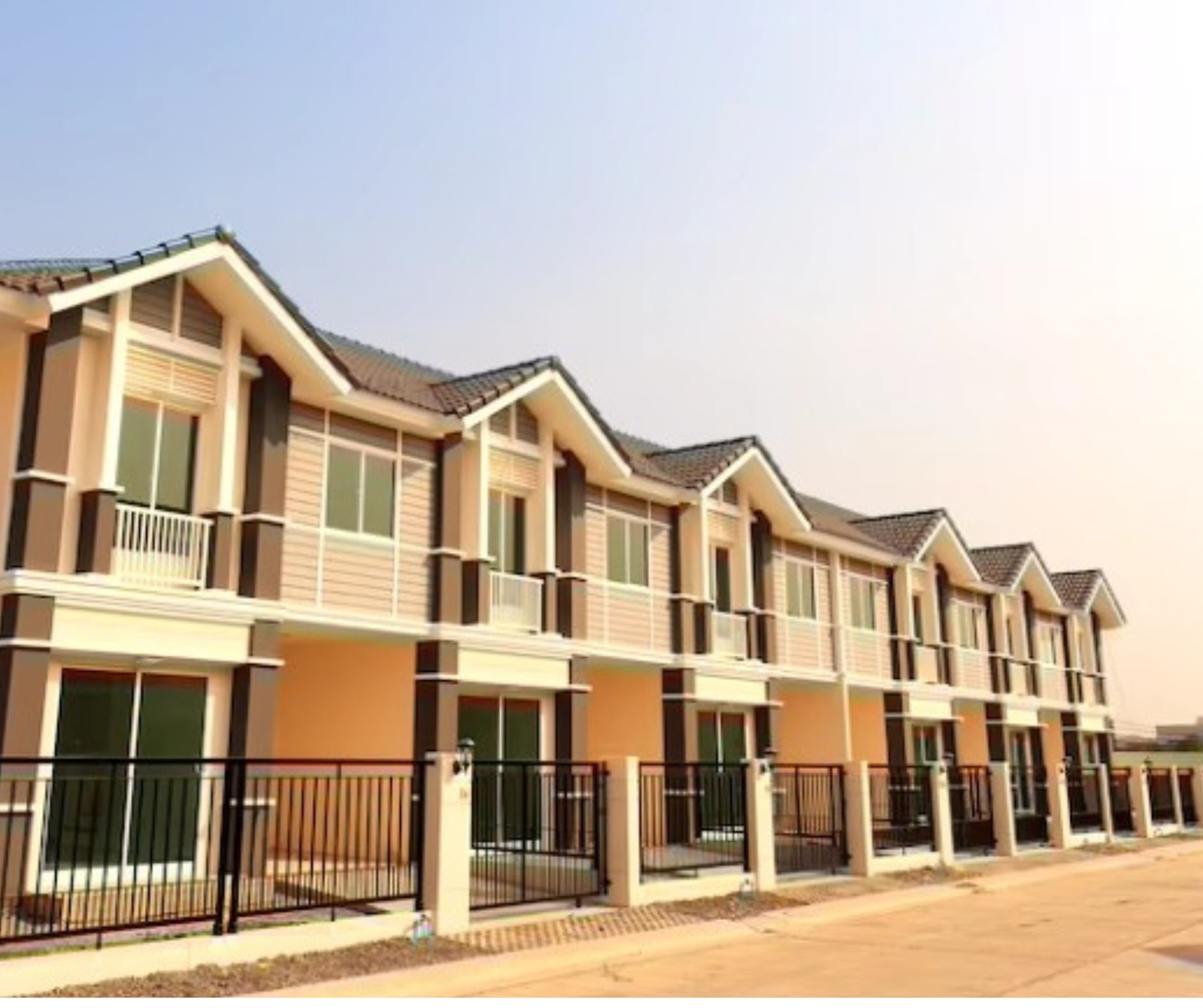
- Flats/Apartments: These are multi-story buildings with several dwelling units within.
Usually containing a living area, kitchen, bathroom, and one or more bedrooms.
Those looking for inexpensive living alternatives in urban areas, such as young professionals and students, often choose apartments.
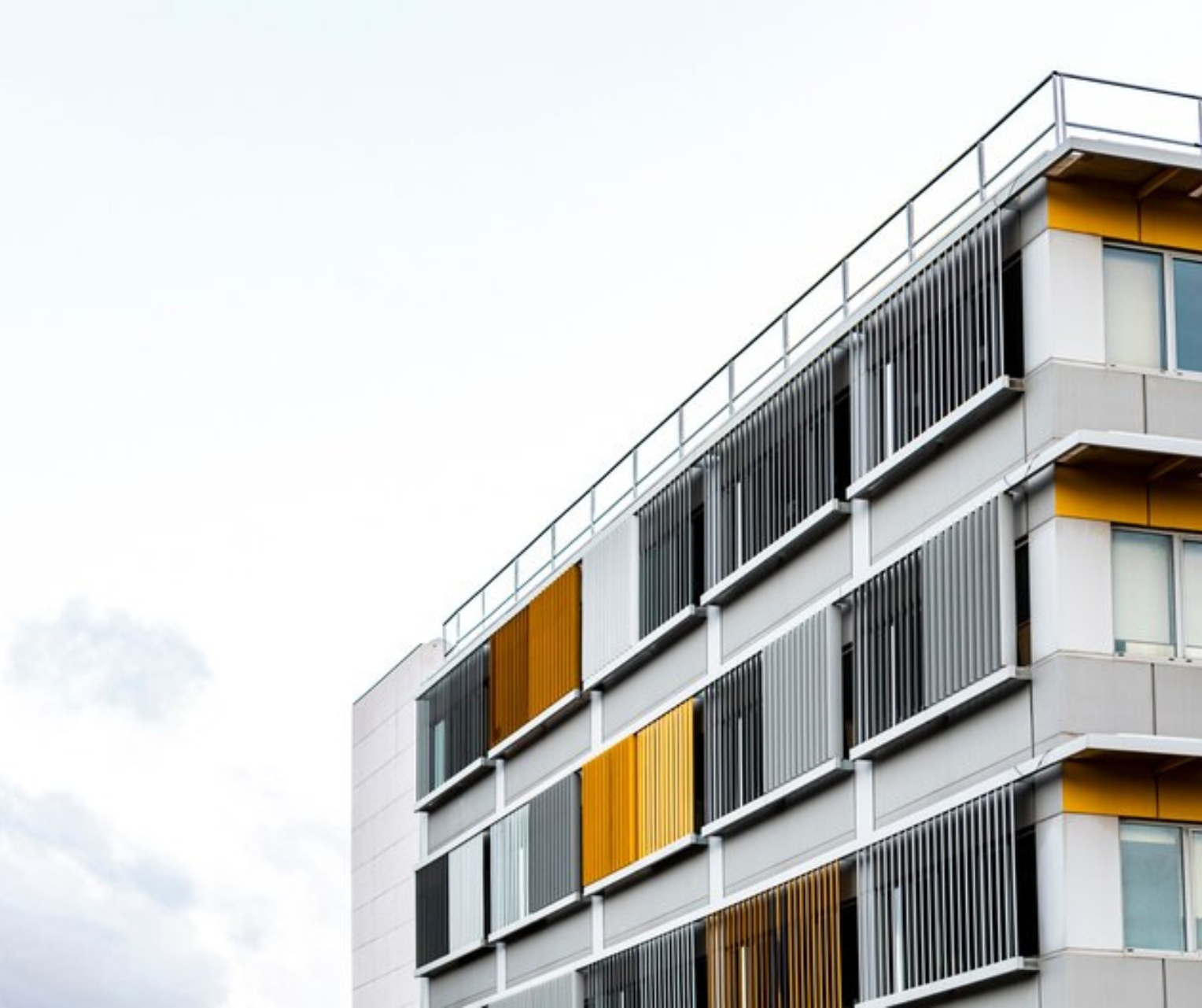
Access to facilities like retail malls, educational institutions, and public transportation hubs are all provided, along with convenience and security.
- Gated Estates: In a safe, secured setting, gated estates—also referred to as residential estates or housing estates—are communities made up of a variety of residential buildings, amenities, and shared spaces.
A variety of housing styles,
including;
Townhomes, apartments, and detached and semi-detached houses, are frequently found in these estates,
Along with recreational areas, playgrounds, swimming pools, and sports facilities.
Selective homebuyers looking for a better quality of life are drawn to gated estates because they offer occupants a sense of security, exclusivity, and a beautiful living environment.
- Commercial Properties:
These are office buildings, retail spaces, and other properties used for business purposes. They can offer higher returns but often require a larger investment.
- Land Acquisition: Buying undeveloped land can be a great investment, especially in areas expected to grow. However, it also comes with higher risks, including the potential for scams.
- Real Estate Development: This involves purchasing land and developing it into residential or commercial properties. It can be very profitable but requires substantial capital and expertise.
Legal Framework and Policies
Understanding the legal landscape is crucial for any real estate investor.
Nigeria has specific laws and regulations that govern property ownership and transactions.
Here are some key points to keep in mind:
- Land Use Act: This is the primary law governing land ownership in Nigeria.
It vests all land in the government, which grants rights of occupancy to individuals and organizations.
- Property Registration:
To secure your investment,
It’s essential to register your property with the appropriate authorities.
This helps to establish legal ownership and protect against disputes.
- Regulatory Bodies:
Several organizations oversee real estate transactions in Nigeria.
These include the Nigerian Institution of Estate Surveyors and Valuers (NIESV) and the Real Estate Developers Association of Nigeria (REDAN).
Being familiar with these laws and regulations will help you navigate the real estate market more effectively and avoid legal issues.
